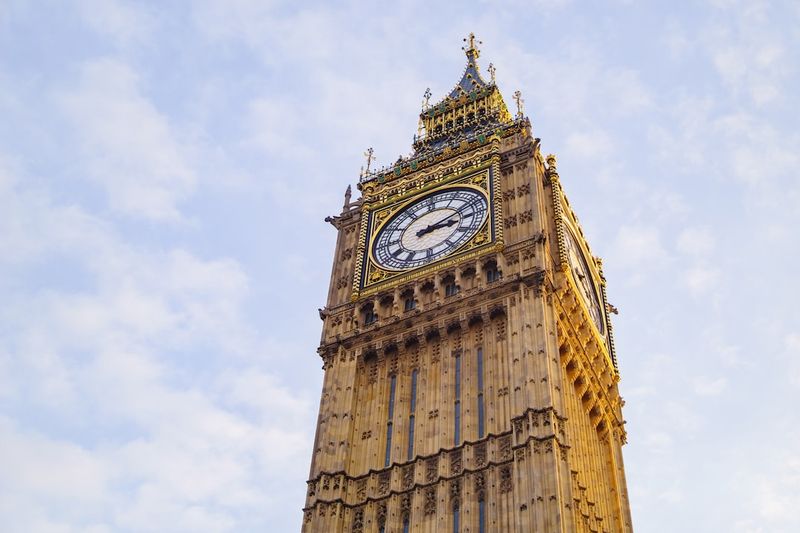Former US President Donald Trump has pleaded not guilty to charges of mishandling sensitive files as he appeared in court for the second time this year. The case was more serious than the previous one, with 37 counts, including illegally retaining classified documents and obstructing the government’s efforts to retrieve them. This is a historic moment as Mr. Trump is the first president, current or former, to be charged with a federal criminal indictment. He appeared somber and subdued in court, wearing a dark suit and red tie with his arms crossed while occasionally leaning over to speak to his attorneys. The implications of this case are wide-ranging and could change the course of American politics.
Holding Leaders Accountable
The indictment of former President Trump raises important philosophical discussions about the role of the law in holding leaders accountable for their actions. The United States is widely regarded as a model of democracy, heralded for its principles of justice and equality. Perhaps more than any other institution, its judicial system is seen as a cornerstone of American democracy, with a long tradition of upholding the rule of law. It is this legal tradition that is being put to the test by the arraignment of Mr. Trump.
While politicians must be held accountable for their actions, the prosecution of a former president, especially on charges that are politically motivated, risks damaging the relationship between the public and the judicial system. Some argue that the indictment sets a dangerous precedent, paving the way for political prosecutions of leaders from one side of the aisle by leaders from the other. Others argue that it is necessary to ensure that no individual is ever above the law, regardless of their political affiliations or the positions they have held.
A Turning Point in American Politics
The outcome of this case will likely have far-reaching implications for American politics and democracy. It remains to be seen whether the charges will stand up in court or whether the case will fall apart. If Mr. Trump is found guilty, it is possible that he could face substantial prison time. President Trump is far from a conventional politician, and his trial’s outcome could upend political norms of the country.
Moreover, as the frontrunner for the 2024 Republican nomination, Trump‘s legal problems have not diminished his support among Republican voters. A recent poll by the BBC’s US partner CBS found that 76% of likely Republican primary voters were more worried about the indictment’s politically motivated nature than its implications for national security. The trial and its outcome will have significant implications not just for Mr. Trump but for the Republican Party as a whole.
Advice
The arraignment of Mr. Trump is a historic moment in American history. As the case unfolds, it is essential to remember that the judicial system must act independently regardless of the defendant’s social status, political party, or position of power. The case’s outcome could have far-reaching implications for American politics and could serve as a turning point in American democracy. It is imperative to uphold the rule of law and maintain the integrity of America’s democratic institution in all situations. The legal process must run its course, and Mr. Trump must face the consequences of his actions, if found guilty, regardless of his previous position and power.

<< photo by Andre Pfeifer >>
You might want to read !
- The Uncertainty Surrounding Stefon Diggs’ Absence from Buffalo Bills Camp
- The Significance of Trump’s Not Guilty Plea in the Documents Case
- The Potential Legal Consequences for Trump’s Mar-a-Lago Case as He Struggles to Find New Lawyers
- The Troubling Trend of Mass Stabbings in America
- What Does the Recent Decline in CPI Mean for the US Economy?




